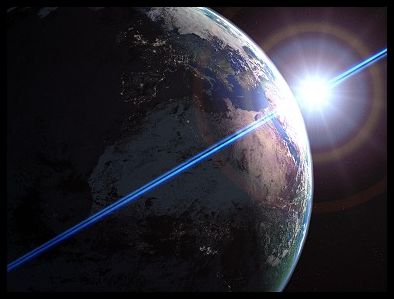
Life in the Universe
Prof. Scott Gaudi

|
Astronomy 141 Life in the Universe Prof. Scott Gaudi |
Key Ideas
The Habitable Zone
Other Considerations
Continuously Habitable Zone
Life Outside the Habitable Zone
See A Note about Graphics to learn why the graphics shown in the lectures are generally not reproduced with these notes.
[ Return to the Astronomy 141 Main Page | Unit 3 Page ]